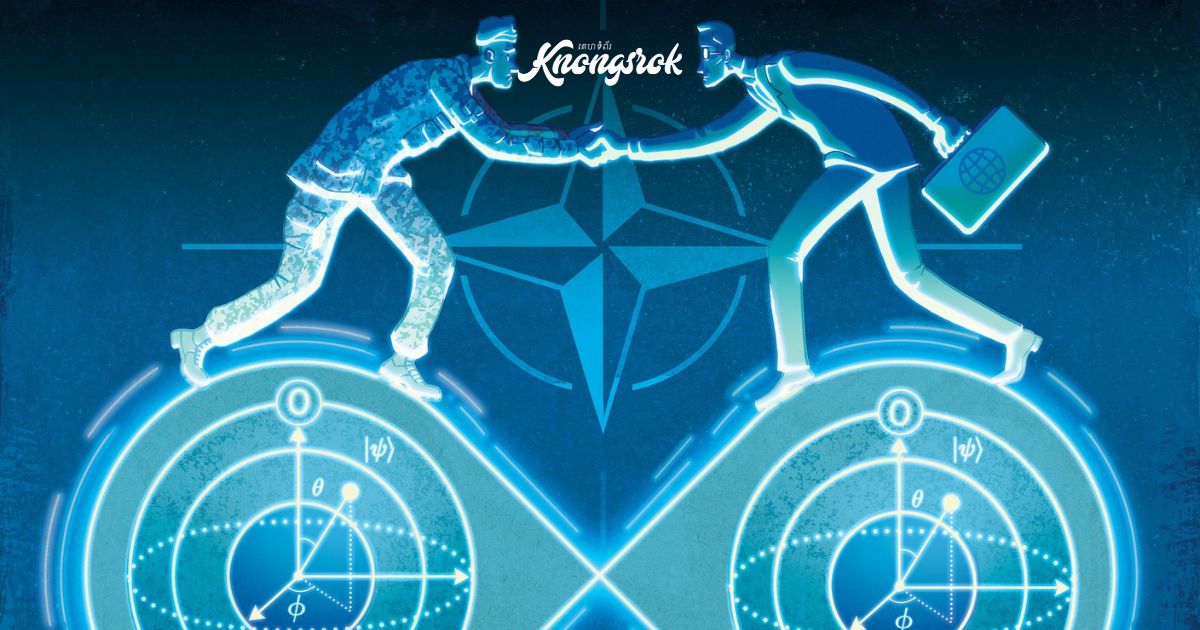Hating Your Job: Psychological Impacts & Tips on Coping
Hating Your Job: Psychological Impacts & Tips on Coping
Hating your job can have significant psychological impacts and affect various aspects of your life. Understanding these effects and learning effective coping strategies can help you manage your feelings and improve your overall well-being.
Psychological Impacts of Hating Your Job
1. Increased Stress and Anxiety:
•Constant Pressure: A job you dislike can lead to chronic stress and anxiety due to ongoing dissatisfaction and frustration.
•Health Risks: Prolonged stress can negatively impact your physical health, leading to issues like headaches, digestive problems, and a weakened immune system.
2. Reduced Self-Esteem:
•Self-Doubt: Continuous unhappiness at work can erode your self-confidence and lead to feelings of inadequacy.
•Self-Worth: Your job dissatisfaction may cause you to question your value and abilities, affecting your overall self-worth.
3. Burnout and Fatigue:
•Emotional Exhaustion: Feeling unfulfilled and unhappy at work can result in emotional exhaustion and a lack of motivation.
•Decreased Productivity: Persistent dissatisfaction can lead to decreased productivity and a lack of engagement in tasks.
4. Impact on Personal Life:
•Strained Relationships: Job dissatisfaction can spill over into your personal life, causing tension and conflict in relationships with family and friends.
•Work-Life Imbalance: The stress from a hated job may lead to poor work-life balance, affecting your time and energy for personal activities and hobbies.
5. Depression:
•Chronic Unhappiness: Long-term job dissatisfaction can contribute to feelings of sadness and depression, impacting your overall mental health.
•Hopelessness: Persistent negative emotions about your job can lead to a sense of hopelessness and a lack of motivation to seek change.
Tips on Coping with Job Dissatisfaction
1. Identify the Source of Discontent:
•Reflect on Issues: Take time to reflect on what specifically makes you unhappy at work, whether it’s the tasks, work environment, management, or colleagues.
•Assess Your Values: Evaluate how your job aligns with your personal values, goals, and interests.
2. Seek Support:
•Talk to a Mentor: Discuss your concerns with a trusted mentor, colleague, or career coach who can offer guidance and support.
•Professional Help: Consider seeking support from a mental health professional to address underlying issues and develop coping strategies.
3. Develop Coping Strategies:
•Stress Management: Practice stress management techniques such as mindfulness, deep breathing exercises, or physical activity to alleviate stress.
•Time Management: Organize your tasks and set realistic goals to manage your workload and reduce feelings of overwhelm.
4. Set Boundaries:
•Work-Life Balance: Establish clear boundaries between work and personal life to prevent job-related stress from affecting your personal time.
•Limit Overtime: Avoid excessive overtime and ensure you allocate time for relaxation and self-care.
5. Enhance Skills and Knowledge:
•Professional Development: Invest in your personal and professional growth by pursuing additional training or education that could open up new career opportunities.
•Skill Building: Develop new skills that can enhance your current job performance or prepare you for a different role.
6. Explore Career Options:
•Career Assessment: Consider conducting a career assessment to identify potential career paths that align better with your interests and strengths.
•Job Search: Begin exploring new job opportunities that offer a better fit and greater satisfaction.
7. Improve Work Environment:
•Communicate Needs: If possible, discuss your concerns with your supervisor or HR to explore potential changes or adjustments that could improve your work environment.
•Build Relationships: Foster positive relationships with colleagues to create a more supportive and enjoyable work atmosphere.
8. Focus on Positive Aspects:
•Recognize Achievements: Take note of your accomplishments and strengths to boost your self-esteem and motivation.
•Find Joy: Identify and focus on any aspects of your job that you enjoy or find meaningful.
9. Maintain a Healthy Lifestyle:
•Physical Health: Engage in regular exercise, maintain a balanced diet, and get adequate sleep to support your overall well-being.
•Mental Health: Practice self-care and engage in activities that bring you joy and relaxation outside of work.
10. Plan for Change:
•Set Goals: Develop a plan for transitioning to a new job or career if you decide that change is necessary.
•Take Action: Gradually implement steps towards a new career path or role that aligns with your aspirations and interests.
Conclusion
Hating your job can have significant psychological impacts, including increased stress, reduced self-esteem, burnout, and negative effects on your personal life. By identifying the sources of dissatisfaction and implementing coping strategies such as seeking support, setting boundaries, and exploring career options, you can manage the impact of job dissatisfaction and work towards a more fulfilling and balanced professional life. Prioritizing your mental health and well-being is essential in navigating job-related challenges and achieving greater job satisfaction.














